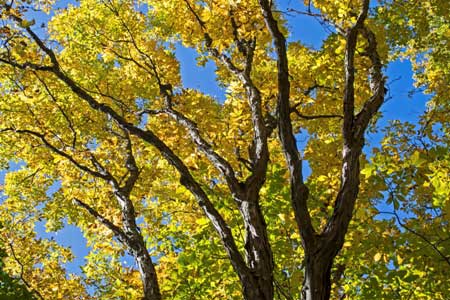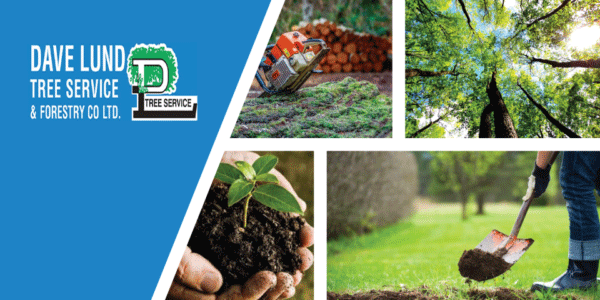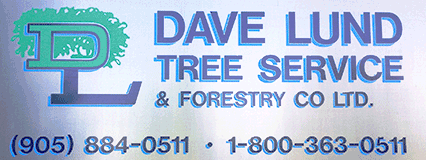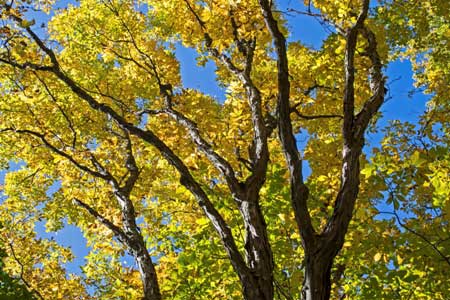
For many of us, a tree can have the same sentimental value as a pet or family heirloom. The longevity of some trees allows them to be part of our lifelong memories. However, like all living things, trees are susceptible to the ravages of time, wear and tear, and unforeseen events. It’s very difficult to decide to have a favourite old tree removed, but it’s sometimes necessary. Sick trees can present collapse and fire dangers, spread disease, and hinder the growth of surrounding trees.
There are several ways to determine if a tree needs to be removed. An adult broadleaf or conifer will exhibit conditions indicating the end of its lifespan, or its inability to cope with certain environmental conditions:

- Non-emergence of new growth after dormant periods
- Large chunks of chipping bark at the stump
- Animal and bug infestation in branch crotches, or top shoots
- Cracking and discolouration on the trunk and main branches
- Noticeable leaning from season to season
- Fungus growth where the trunk meets the soil, causing dead grass and erosion
- Winter or storm damage that severely injures the tree
Even with significant weather damage and infestation, a tree can still look beautiful. Under the bark, however, it could be struggling to stay alive. It may be trying to grow and function, but is dying.

An unhealthy tree can endanger other nearby growth. It can harbour insect colonies and diseases that easily spread to other trees. One tree’s removal can preserve the integrity of plants and trees in a large surrounding area. The best way to determine if an old tree should be removed is by consulting an arborist or a professional tree removal service.

Dave Lund Tree Service & Forestry Co. Ltd. cares about the health of your well-loved trees and plants. We have the knowledge and experience to determine if a cherished tree can be brought back to health. Call us at 1-800-363-0511 and we’ll get to work saving your leafy friend, or help avoid danger by offering speedy removal.

